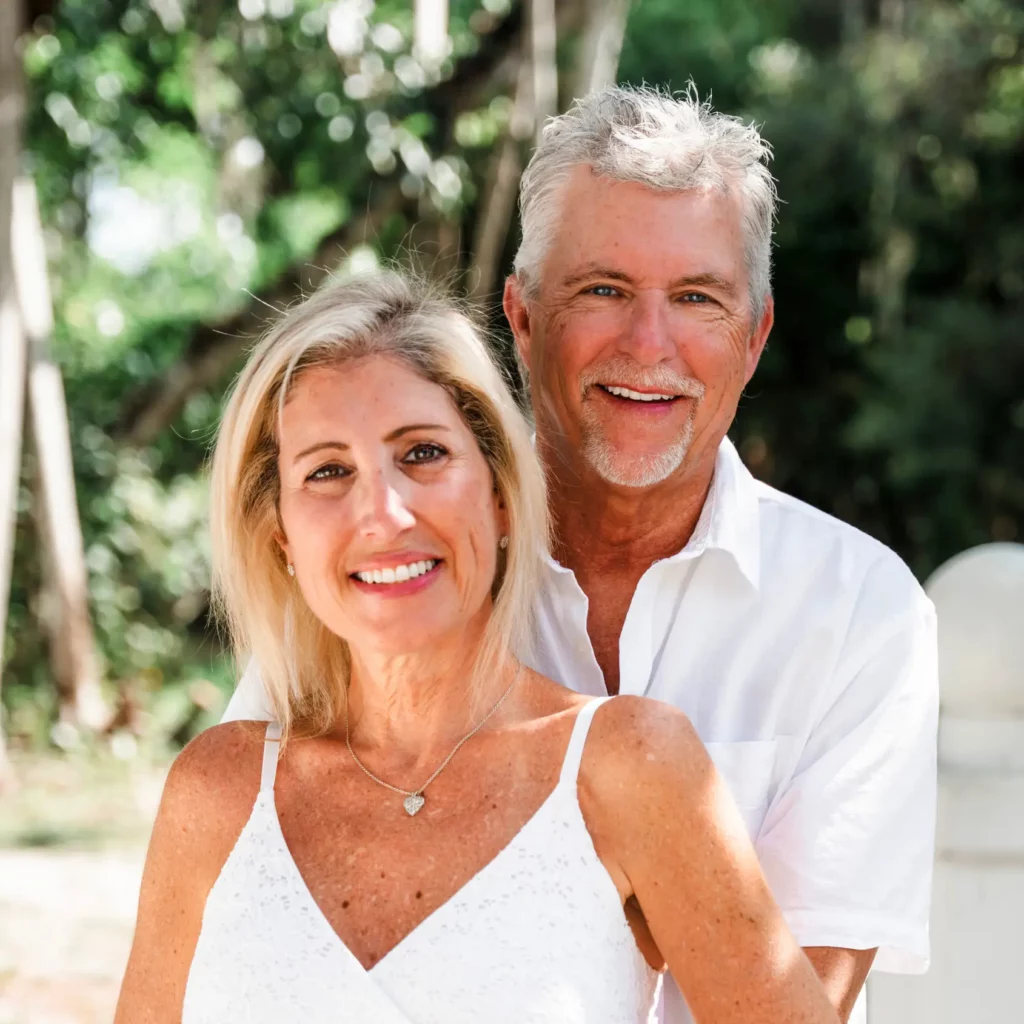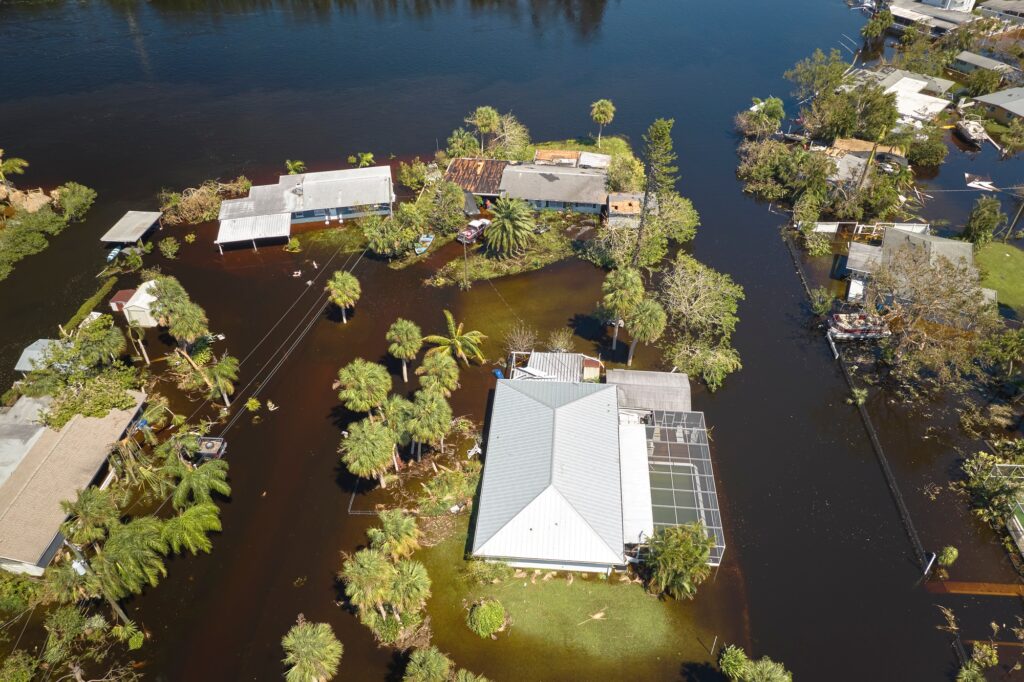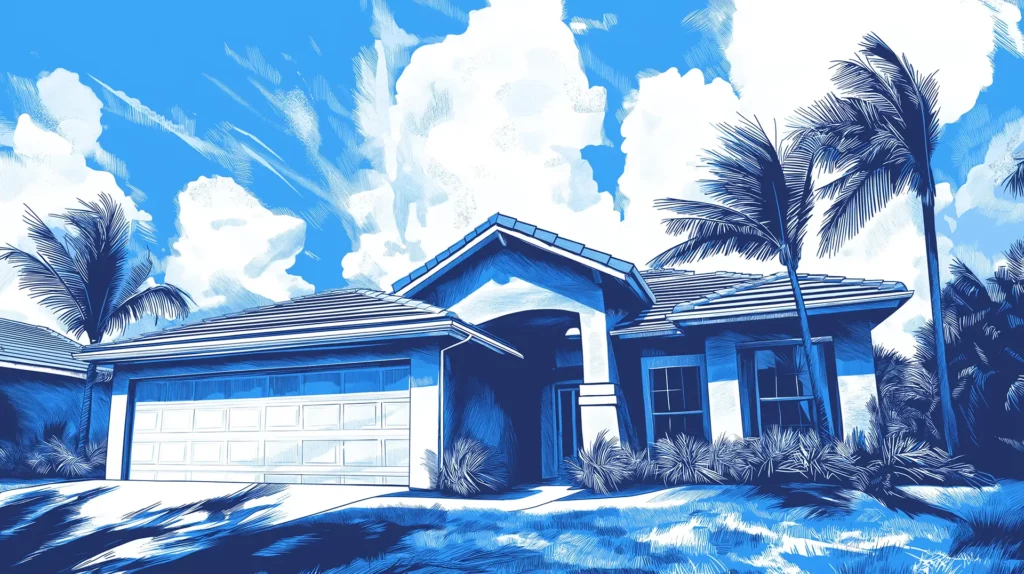When it comes to protecting your home, it’s important to know the difference between condo insurance and homeowners insurance. These policies may seem similar, but they serve very different purposes. Condo insurance covers what’s inside your unit, while homeowners insurance protects the home and property as a whole. Understanding “Condo vs Home Insurance” can help you choose the right coverage and avoid surprises later.
What is Condo Insurance?
Condo insurance is a policy designed specifically for condo owners. It works alongside the condominium association’s master policy to protect your personal property and the inside of your unit. While the master policy covers the building’s exterior and common areas, condo insurance focuses on everything within your unit.
Understanding how it fills the gaps left by the master policy is important. Additionally, knowing how it relates to “Condo vs Home Insurance” will help you make an informed choice about coverage.
Definition of Condo Insurance
Condo insurance, often called HO-6 insurance, is a type of homeowners insurance specifically tailored to condominium living. The main difference is that it covers only your individual unit rather than the entire property.
Types of Coverage Included
A condo insurance policy typically includes several key components to protect what matters most:
- Dwelling Coverage
This protects the parts of your unit that you own, like walls, floors, ceilings, and built-in fixtures. For example, if a storm damages your walls or flooring, this coverage helps with the repairs. - Personal Property Coverage
Your belongings, like clothing, electronics, and furniture, are covered against risks like theft, fire, or water damage. - Liability Coverage
This protects you if someone sues you for injury or damage caused within your unit. For instance, if a guest trips and falls in your condo, liability insurance can help cover legal and medical costs. - Loss Assessment Coverage
If shared areas, like the lobby or pool, are damaged and costs exceed the master policy, this coverage helps pay your part. - Additional Living Expenses (ALE)
If your condo becomes uninhabitable due to a covered event, ALE helps cover the expenses of staying elsewhere during repairs.
Factors That Influence Condo Insurance Costs
The cost of condo insurance varies based on several factors. Here’s what insurance providers typically look at:
- Location
Living in Fort Myers, FL, comes with exposure to hurricanes, tropical storms, and flooding. These risks can affect your premium. Florida is among the top hurricane-prone states, and about 41% of Florida property owners are uninsured for extreme weather events. - Deductibles and Limits
Higher deductibles can lower your premium, but you’ll pay more out of pocket during a claim. Limits also dictate how much coverage you’re entitled to under each section. - Property Value and Risk Factors
The value of your condo and belongings, as well as safety features like smoke alarms, impact pricing. If you live near water, your premium might reflect added risks like flooding.
Understanding these basics is key to comparing Condo vs Home Insurance and ensuring you’re fully covered in the event of unexpected losses. Stay tuned for more details on what separates the two types of coverage.
How is Condo Insurance Different from Homeowners Insurance?
When deciding between condo and homeowners insurance, it’s important to understand what each policy covers. While both aim to protect your property, the scope of coverage is very different. If you own a condominium, the coverage you need will vary greatly compared to owning a house. Knowing the key differences in “Condo vs Home Insurance” can save you from unexpected costs.
Scope of Coverage
The main difference lies in the area of responsibility. Here’s a breakdown:
- Condo Insurance
Protects only the interior of your unit. Everything from the walls in, including flooring, fixtures, and personal belongings, is covered under your policy. The condominium association’s master policy takes care of exterior walls and common areas like pools and hallways. - Homeowners Insurance
Covers the structure of your house, the land it’s on, and any additional buildings like garages or sheds. You’re fully responsible for repair and maintenance of the property, making homeowners insurance more comprehensive.
For example, if a hurricane damages your condo’s roof, the master policy will likely cover it. But if it damages your personal belongings inside, your condo insurance steps in. A homeowner, on the other hand, must insure both the roof and everything inside.
Relation to Shared Responsibilities
Condo owners have shared responsibilities with the condo association, which significantly impacts their insurance needs. Here’s how it works:
- The condo association is responsible for maintaining shared or “common” areas. This often includes landscaping, parking lots, elevators, and the exterior of buildings.
- A condo’s master policy typically comes in two forms:
- Bare walls-in: Covers the structure but no interior upgrades like cabinets or flooring.
- All inclusive: Extends coverage to some interior elements but still excludes personal property and personal liability.
Homeowners have no shared responsibilities. Everything inside and outside of the property is up to the individual homeowner.
Cost Differences
Cost can also be a major factor. On average, condo insurance premiums are lower than homeowners insurance because the coverage area is smaller. For example:
- Nationally, condo insurance costs an average of $506 per year, while homeowners insurance averages $1,428 per year. That’s nearly three times the cost!
- However, in Florida, these costs can be higher due to weather risks like hurricanes and flooding.
Condo owners may save money on premiums but should factor in potential out-of-pocket costs for damage not covered by their master policy. This is why comparing “Condo vs Home Insurance” can help you determine the coverage that fits your situation.
Why Condo Insurance is Vital for Florida Residents
If you own a condo in Florida, having the right insurance is essential. Florida’s unique risks, like hurricanes and flooding, require extra attention when choosing coverage. Proper protection gives you peace of mind and financial security. Understanding “Condo vs Home Insurance” is especially important when you live in a high-risk state like Florida.
Local Weather Risks
Florida is known for its beautiful weather, but it’s also a hot spot for extreme storms. Here’s why condo insurance is so crucial:
- Hurricane Risks
Florida experiences more hurricanes than any other state. Hurricane Ian in 2022 caused over $112 billion in damages, affecting thousands of homeowners and condo owners. Windstorm damage, which is common during hurricanes, is usually covered under a condo insurance policy. - Flooding Dangers
Flooding is a significant risk, especially in coastal areas like Fort Myers. However, standard condo insurance does not cover flood damage. Condo owners in Florida often need a separate flood insurance policy to stay fully protected. - Tropical Storms and Heavy Rain
Even storms that aren’t categorized as hurricanes can lead to costly damages. A storm might cause water leaks or fallen trees that affect your unit. Without insurance, even minor issues could become major financial burdens.
Requirements from Florida HOAs
Florida condo associations typically require residents to maintain personal insurance policies. This is to ensure that all unit owners are protected if something happens. Here’s how it usually works:
- The condo association’s master policy often only covers the building’s exterior and shared spaces.
- Unit owners are responsible for insuring the interiors of their homes and their personal property.
- Many HOAs clearly outline the minimum condo insurance requirements in their bylaws.
Ignoring these requirements could lead to trouble. For example, if your upstairs neighbor has a water leak that damages your ceiling and personal belongings, you’ll need your condo insurance policy to step in and cover the repair costs.
Flood Insurance Considerations
Unlike the typical homeowner’s insurance policy, condo insurance does not include flood insurance. This is a critical issue for Floridians because the state has more properties at risk of flooding than any other state.
- FEMA Flood Zones
Many Fort Myers properties fall into FEMA-designated flood zones. If you live in one of these areas, lenders may require you to buy flood insurance. - Flood Insurance Costs
The cost of flood insurance varies depending on your risk level. On average, Florida residents pay about $700 per year for a policy. However, in high-risk zones, monthly premiums can be much higher.
Flood insurance is an important add-on for condo owners in Florida. When comparing “Condo vs Home Insurance,” keep in mind that homeowners insurance often includes some coverage for outdoor flooding effects, but condo owners must proactively purchase this separate policy.
Condo insurance is not just a requirement—it’s a smart way to protect your investment. Every Florida resident should consider the risks tied to their location to avoid financial losses. Stay prepared, and make sure your policy is a good fit for Florida’s unique challenges.
Tips for Choosing the Right Condo Insurance Policy
Choosing the right condo insurance policy can feel overwhelming, but it doesn’t have to be. By following these steps, you can make an informed decision. Remember, understanding “Condo vs Home Insurance” is the first step to getting proper coverage.
Evaluate Your Condo Association’s Master Policy
Your condo association has a master policy, but it may not cover everything you think. Here’s what you need to do:
- Understand the Type of Master Policy
- Bare walls-in policies cover the basic structure of your unit but exclude interior finishes, like flooring or cabinets.
- All-inclusive policies might extend some coverage to these features, but upgrades or personal additions still won’t be included.
- Identify Coverage Gaps
Review the master policy to figure out what’s missing. For example, if the master policy excludes upgrades to your unit, you’ll need your condo insurance to cover them.
By filling these gaps, you’ll avoid surprises if damage occurs. This step is especially important in Florida, where hurricane and wind damage can happen unexpectedly.
Understand Your Personal Needs
Each condo owner has unique needs, depending on their lifestyle and property value. Consider the following:
- Personal Belongings
Take inventory of your items. Electronics, furniture, and jewelry add up quickly. The average American has belongings worth $20,000 to $50,000. Make sure your policy covers the full value of your possessions. - Liability Coverage
If someone gets injured in your condo, you could be held responsible. Most experts recommend at least $300,000 in liability coverage. This protects you from costly lawsuits and medical expenses.
Think about what risks are most relevant to you. For example, if you’re a frequent host, stronger liability protection might be worth it.
Work with a Local Insurance Agent
Working with a local agent ensures you get coverage tailored to your area. Here’s why it’s a smart move:
- Knowledge of Local Risks
A Fort Myers-based agent understands Florida’s specific weather challenges, like hurricanes and flooding. They can help you select policies that address these risks. - HOA Regulations
Your agent can guide you through the insurance requirements of your HOA and help you comply. This ensures you don’t accidentally buy a policy that falls short. - Personalized Recommendations
A good agent will help you customize your policy. Whether it’s boosting your liability limits or adding loss assessment coverage, they’ll make sure you’re fully protected.
Florida condo owners face unique challenges with insurance. By evaluating your needs, reviewing your condo association’s master policy, and working with a local agent, you can choose a policy that fits your lifestyle and protects your investment. Comparing “Condo vs Home Insurance” is the key to avoiding costly mistakes!
Common Misconceptions About Condo and Homeowners Insurance
Misunderstandings about condo and homeowners insurance can leave you unprotected when you need it most. Knowing the facts helps you avoid costly mistakes. Here, we’ll clear up some common misconceptions around “Condo vs Home Insurance” to make things easier for you.
Condo Owners Thinking the Master Policy is Adequate
One of the biggest mistakes condo owners make is assuming the condo association’s master policy protects everything. But this is rarely true. Here’s why:
- Limited Coverage
Master policies usually cover only the building’s exterior and shared spaces, like hallways or pools. Anything inside your unit—like walls, flooring, or your personal belongings—is your responsibility. - Costly Gaps
Without individual condo insurance, you could face massive expenses if there’s damage. For example, if a water leak from another unit destroys your flooring and furniture, the master policy won’t cover it. - Real-Life Example
Imagine a tropical storm causes roof damage that floods your unit. The master policy may repair the roof but won’t pay for your ruined electronics and furniture. This is where your personal condo policy steps in to help.
Understanding this distinction is key in the comparison of Condo vs Home Insurance and how your policy should fill those gaps.
Confusing Flood Coverage with Standard Policies
Another common misconception is that condo insurance or even homeowners insurance includes flood coverage. Here are the facts:
- Flood Exclusion
Most standard insurance policies exclude flood damage. This means if a hurricane causes storm surge or heavy rains flood your unit, you’re not covered. - Florida’s Risk
Florida leads the nation in flood risk, with 1 in 5 homes sitting in high-risk flood zones. Fort Myers residents especially need to be aware, given the area’s proximity to the Gulf of Mexico. - The Solution
Flood insurance must be purchased as a separate policy. Even if your condo isn’t in a FEMA-designated flood zone, it’s a smart investment because flooding can happen anywhere.
These misconceptions prove that understanding Condo vs Home Insurance is critical. Adapting your coverage to your individual needs ensures you’re not caught off guard when life throws something unexpected your way. Avoiding these misunderstandings can save you from financial stress!
Condo insurance is the key to protecting your investment, especially if you own a unit in Florida. Unlike homeowners insurance, condo coverage focuses on your unit’s interior and personal belongings, while the condo association’s master policy handles shared areas. Understanding these differences helps you avoid costly gaps in coverage. Given the risks of Florida’s weather, including hurricanes and flooding, having the right policy is essential. Whether it’s evaluating your needs or understanding your HOA’s requirements, the right policy offers peace of mind. Contact our Fort Myers agency today for expert advice or a personalized quote.







